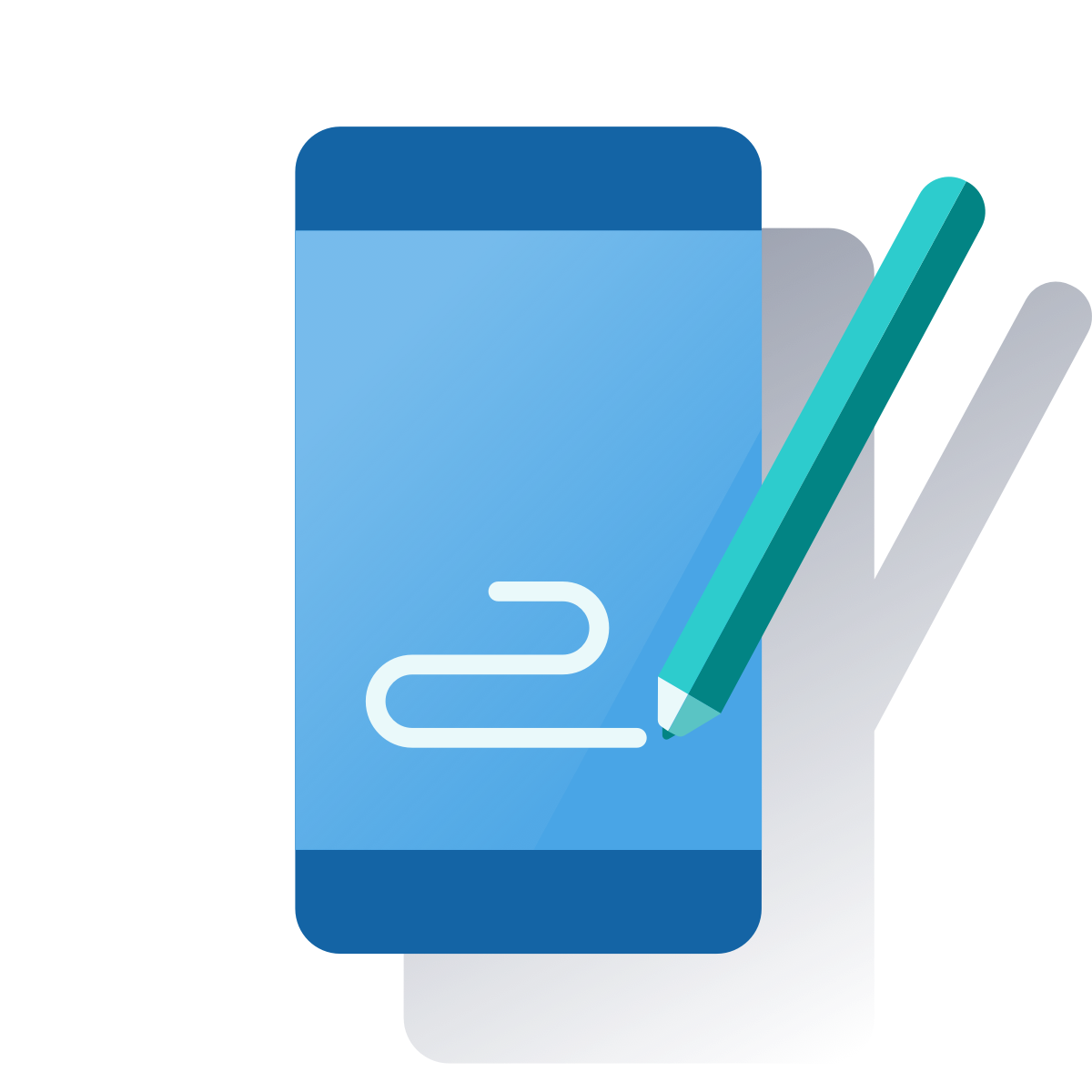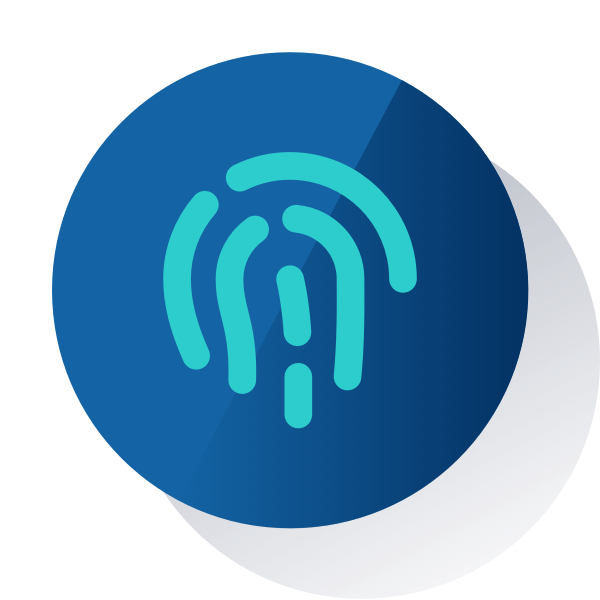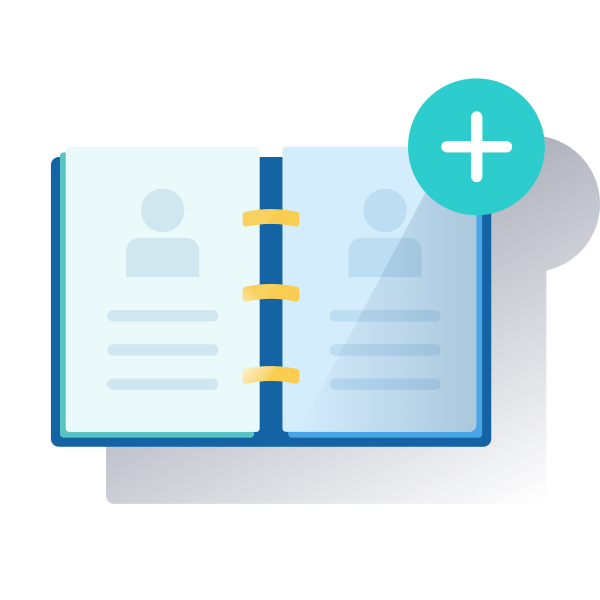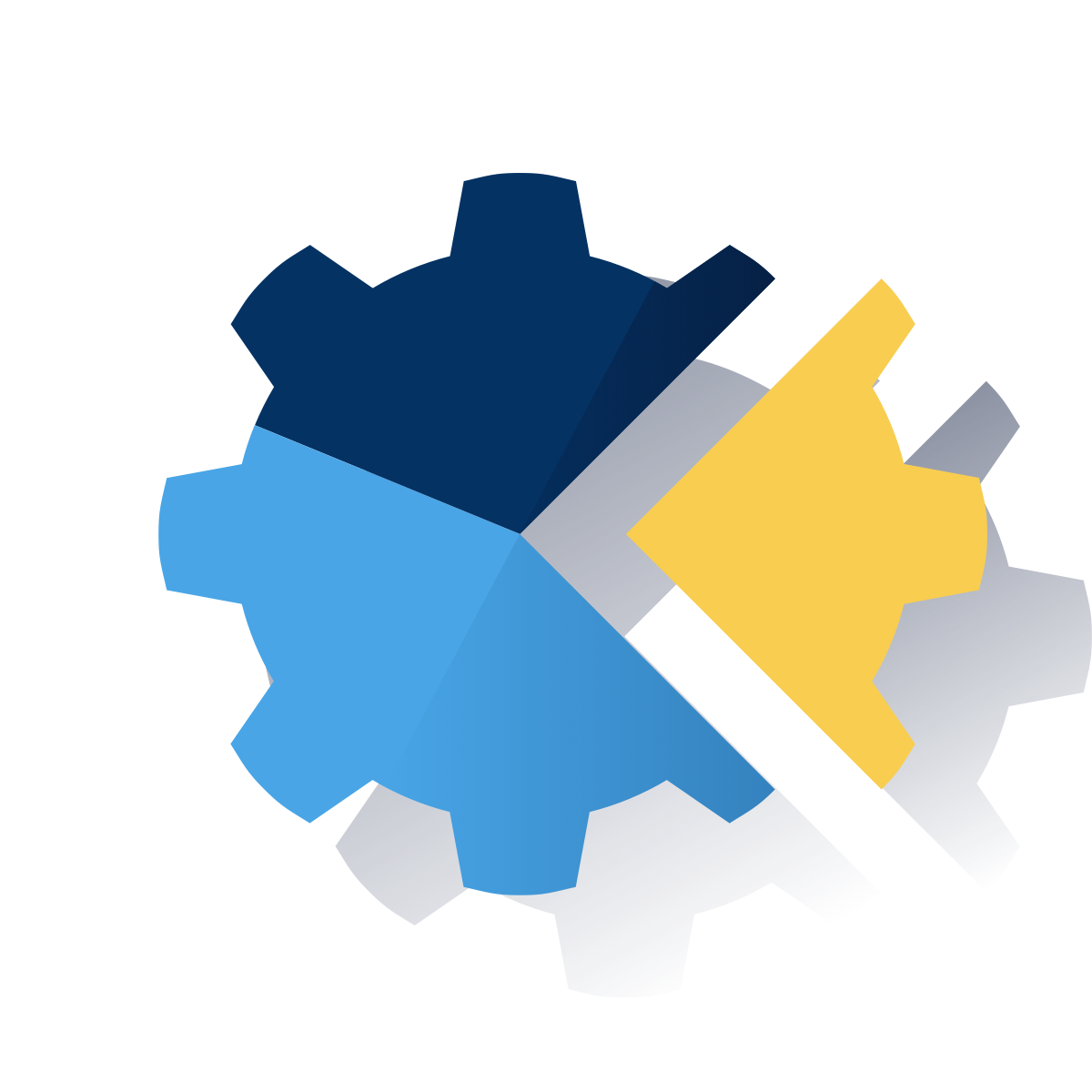Roles
- 2018 Highlights
- Contact
- Cookie Policy
- Design at BBVA
- Design Thinking Ambassadors
- Equipo Argentina
- Equipo Colombia
- Equipo España
- Equipo Future Designers
- Equipo Holding
- Equipo México
- Equipo Perú
- Equipo Turquía
- Equipo Uruguay
- Equipo Venezuela
- Home
- Research
- Roles
- Sustainability
- Teams
- Training for designers
Warning: array_search() expects parameter 2 to be array, string given in /var/www/html/wp-content/themes/experience_theme/app/controllers/walkerDropDown.php on line 21
Warning: array_search() expects parameter 2 to be array, string given in /var/www/html/wp-content/themes/experience_theme/app/controllers/walkerDropDown.php on line 21
Warning: array_search() expects parameter 2 to be array, string given in /var/www/html/wp-content/themes/experience_theme/app/controllers/walkerDropDown.php on line 21
Warning: array_search() expects parameter 2 to be array, string given in /var/www/html/wp-content/themes/experience_theme/app/controllers/walkerDropDown.php on line 21
Warning: array_search() expects parameter 2 to be array, string given in /var/www/html/wp-content/themes/experience_theme/app/controllers/walkerDropDown.php on line 21
Warning: array_search() expects parameter 2 to be array, string given in /var/www/html/wp-content/themes/experience_theme/app/controllers/walkerDropDown.php on line 21
Warning: array_search() expects parameter 2 to be array, string given in /var/www/html/wp-content/themes/experience_theme/app/controllers/walkerDropDown.php on line 21
Warning: array_search() expects parameter 2 to be array, string given in /var/www/html/wp-content/themes/experience_theme/app/controllers/walkerDropDown.php on line 21
Warning: array_search() expects parameter 2 to be array, string given in /var/www/html/wp-content/themes/experience_theme/app/controllers/walkerDropDown.php on line 21
Warning: array_search() expects parameter 2 to be array, string given in /var/www/html/wp-content/themes/experience_theme/app/controllers/walkerDropDown.php on line 21
Warning: array_search() expects parameter 2 to be array, string given in /var/www/html/wp-content/themes/experience_theme/app/controllers/walkerDropDown.php on line 21
Warning: array_search() expects parameter 2 to be array, string given in /var/www/html/wp-content/themes/experience_theme/app/controllers/walkerDropDown.php on line 21
Warning: array_search() expects parameter 2 to be array, string given in /var/www/html/wp-content/themes/experience_theme/app/controllers/walkerDropDown.php on line 21
Warning: array_search() expects parameter 2 to be array, string given in /var/www/html/wp-content/themes/experience_theme/app/controllers/walkerDropDown.php on line 21
Warning: array_search() expects parameter 2 to be array, string given in /var/www/html/wp-content/themes/experience_theme/app/controllers/walkerDropDown.php on line 21
Warning: array_search() expects parameter 2 to be array, string given in /var/www/html/wp-content/themes/experience_theme/app/controllers/walkerDropDown.php on line 21
Warning: array_search() expects parameter 2 to be array, string given in /var/www/html/wp-content/themes/experience_theme/app/controllers/walkerDropDown.php on line 21
Warning: array_search() expects parameter 2 to be array, string given in /var/www/html/wp-content/themes/experience_theme/app/controllers/walkerDropDown.php on line 21
Warning: array_search() expects parameter 2 to be array, string given in /var/www/html/wp-content/themes/experience_theme/app/controllers/walkerDropDown.php on line 21
Warning: array_search() expects parameter 2 to be array, string given in /var/www/html/wp-content/themes/experience_theme/app/controllers/walkerDropDown.php on line 21
Warning: array_search() expects parameter 2 to be array, string given in /var/www/html/wp-content/themes/experience_theme/app/controllers/walkerDropDown.php on line 21
Warning: array_search() expects parameter 2 to be array, string given in /var/www/html/wp-content/themes/experience_theme/app/controllers/walkerDropDown.php on line 21
Warning: array_search() expects parameter 2 to be array, string given in /var/www/html/wp-content/themes/experience_theme/app/controllers/walkerDropDown.php on line 21
Warning: array_search() expects parameter 2 to be array, string given in /var/www/html/wp-content/themes/experience_theme/app/controllers/walkerDropDown.php on line 21
Warning: array_search() expects parameter 2 to be array, string given in /var/www/html/wp-content/themes/experience_theme/app/controllers/walkerDropDown.php on line 21
Design Roles
Discover the roles in design by specialty within the bank.

Visual Design
To represent concepts and ideas in a visual way attending different fidelity levels (from sketching to user interface visual design) to facilitate the exploration and decision-making. Ensure graphic excellence and brand consistency.

Interaction Design
To design digital interactions for the users by participating on its definition, information architecture and technical fit and organizing the flow of actions to help the user understand the product and make it accessible and intuitive to use.

Design Research
To plan and manage content for services and products. Produce content and texts clear, concise, and useful to help and guide the user throughout their journeys. Work closely with design and marketing teams to create corporate style guidelines.

Service Design
The use of a holistic approach to create products and services, with an objective to define its value proposition and make it tangible.

Content Design
Plans, produces and manages the contents of services and products. Produces clear, concise and useful content and text to assist and guide the user along their journey.

UI Development
To stand for user interface design from the technology side. They craft and code the front-end of software and applications understanding the organization technology, platforms, and resources. To make technology more easy and accessible to users.

Design Operations
To support the design team project plan definition and knowledge management. To look for design resources, budget allocation and its follow up. To have a holistic project view and maintain constant communication and relationship building with the team and stakeholders to support connections and knowledge exchange.
General technical skills
General technical design skills are those shared by all people on the design team regardless of their sub-discipline or specialty. They are the foundation of design practice.
The designer has specific skills to bring the voice of the client to the decision-making of a project at different moments of the design process and from different approaches. He or she also has varying degrees of Human Centered Design (HCD) knowledge and expertise.
The designer has resources to be able to help a heterogeneous group of stakeholders to focus on decision making and to obtain shared commitments.
The ability to make tangible in artefacts with different degrees of fidelity the solutions given to the problems raised.
The ability to organize people, resources and tasks of a project to achieve the objectives set, in a scheduled timeline.
The ability to analyse and understand contexts of different complexity and see different points of view on the same problem, with the intention of generating a decision making process. Analytical thinking allows problems to be broken down into simpler parts in order to make better decisions.
The ability to observe, question or correctly investigate the facts or hypotheses that are presented to us before a problem to be solved. To use design or research tools to ensure the quality of the information available to us, avoiding any confirmation bias and to be able to gather diverse information to reach logical and justified conclusions to make better decisions.
The ability to propose different solutions to the same challenge, enriching the development of a project with new ideas. To know how to manage uncertainty, showing creative confidence in the resolution of a given challenge.
To get to know and integrate the different corporate guides that affect the design of services and products at BBVA - brand principles, design system,... - and to transfer the Design team's vision to the environments they work with.
The designer knows and applies the Agile methodology in his/her way of working within the organisation.
The designer knows and applies the Behavioral Economics approach in his/her design practice.
The designer knows the synergies between Data and Design at different levels and contexts of his/her design practice.
To get to know and apply BBVA's strategy on sustainability in her/his daily practice of Design, advocating inclusion and sustainable development.
In detail
If you are employee of the design team in BBVA and want to know more about our skill model and design skills to date, find out more in this presentation.